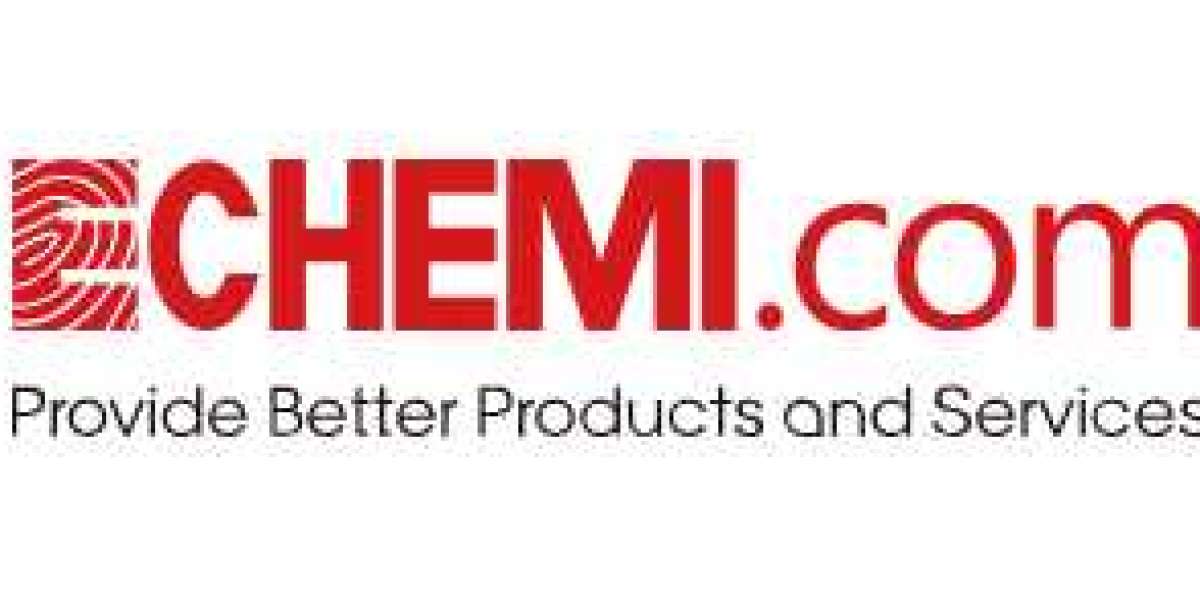chemical industry companies prioritize safety protocols to ensure the well-being of employees, protect the environment, and maintain operational integrity. Due to the inherent hazards associated with handling chemicals — such as toxicity, flammability, reactivity, and corrosion — establishing and adhering to rigorous safety standards is essential in this sector.
The foundation of safety protocols begins with comprehensive hazard identification and risk assessment. Companies conduct detailed evaluations of their chemicals, processes, and equipment to identify potential dangers. Based on these assessments, they develop specific safety measures tailored to each operation, aiming to prevent accidents and manage emergencies effectively.
Personal Protective Equipment (PPE) is a critical aspect of safety protocols. Workers are trained to use appropriate PPE such as gloves, goggles, respirators, and chemical-resistant clothing to minimize exposure risks. Regular training sessions ensure employees recognize hazards, understand safety procedures, and respond correctly during emergencies.
Proper storage and handling procedures are strictly enforced. Chemicals are stored in designated areas based on compatibility and hazard classification to prevent accidental reactions. Safety signage, labeling, and secure containment systems help communicate dangers and reduce the likelihood of mishandling.
Companies implement strict process controls, including automation and safety interlocks, to monitor and regulate chemical reactions. Advanced control systems can detect deviations, shut down operations, and alert personnel to prevent accidents like spills or explosions.
Emergency preparedness is a vital component of safety protocols. This includes developing detailed emergency response plans, conducting regular drills, equipping facilities with spill containment and fire suppression systems, and maintaining easily accessible safety equipment. Clear communication channels and trained emergency teams ensure swift and effective responses to incidents.
Environmental safety measures are also integrated into protocols, emphasizing proper waste management, emissions control, and compliance with environmental regulations. Companies strive to minimize pollution and prevent chemical leaks that could harm ecosystems.
Regular safety audits, inspections, and incident investigations help identify and correct potential hazards, fostering a culture of continuous improvement. Encouraging open communication about safety concerns and involving employees at all levels promotes a proactive approach to risk management.
In summary, safety protocols in the chemical industry are comprehensive, covering hazard assessment, PPE, handling, storage, emergency response, and environmental protection. Strict adherence to these protocols safeguards personnel, reduces risks, ensures regulatory compliance, and supports sustainable operations, making safety a fundamental priority in this high-risk industry.






